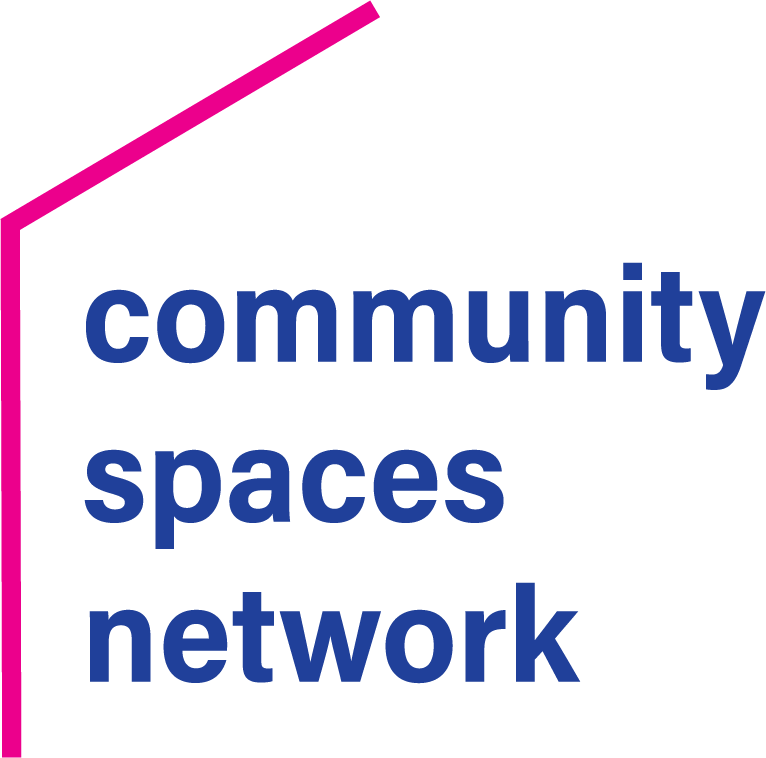Check out the helpful tips that our members shared at this quarter’s NCN member Roundtables:
1. Establish consistent outlets for sharing and collaboration.
When trying to grow engagement within a shared space, it can be helpful to establish consistent outlets for sharing and collaboration. This might look like an annual survey, quarterly meetings with a newsletter recap, and a monthly lunch and learn series. By offering a variety of touchpoints at different intervals, you create more opportunities that meet a range of needs and interests. While you cannot force engagement, you can be intentional about regularly creating space to encourage it to happen.
2. Lean into batching tasks.
As a time or mind management practice, lean into batching tasks. When we have too many priorities competing for our attention, the overwhelm can sneak in and tasks fall through the cracks. When we block time and batch work on similar tasks we can give one process our full attention.
3. Plan for emergencies – documentation and communication.
It’s important, of course, to have an emergency manual in place for any facility. Also having a brief one-page document with the most important emergency numbers and protocol is also a great idea. This document should be easily accessible and easy to read when needed in emergencies. Centers can also create an emergency or safety task force that includes one representative from each tenant organization. This helps to establish commitment and clear communication with tenants on safety and security issues.
4. Be mindful of tenant/landlord language.
One member shared a takeaway from the SPRE Summit that they have implemented: replacing “tenant” with “member” or “partner” in their communications. While many shared spaces operate on a traditional tenant/landlord model, the “tenant” and “landlord” titles can create an unwelcome power dynamic. By replacing “tenant” with “member” or “partner” it can promote a more collaborative experience in a shared space center.
5. Offer “Service Days” at your center.
“Service Days” can be a group volunteer opportunity at your center in which a group participates in a particular project to improve your space. This might be a landscaping day outside or a spring cleaning of a communal space or donation closet. Service days can help a center maintain its space and tackle projects while creating opportunities to interact with and engage with community members.

